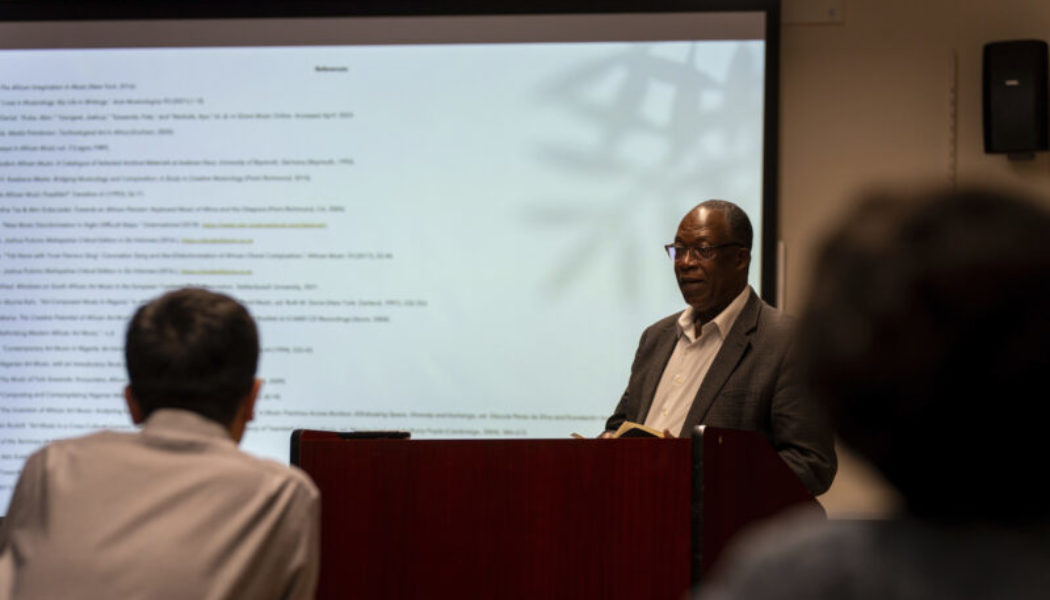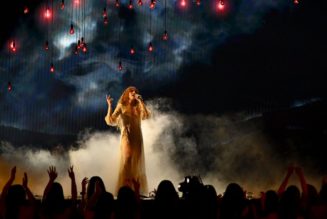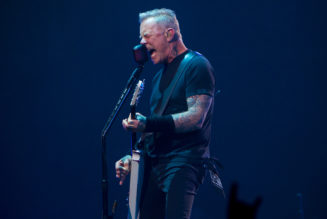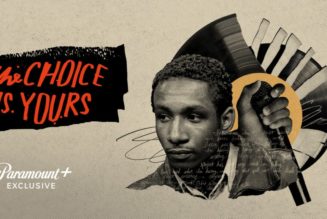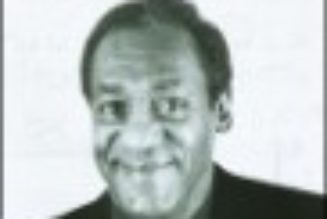
On Friday, I found myself speed-walking through the innards of the Eastman School of Music, a little lost, looking for a mysterious classroom called ESM 305. After asking two groups of people for directions, a brief elevator trip, scanning many gold placards on doors, and passing by the sound of a piano, I found it! I slid into a seat while a hum of conversation filled the room, but once the speaker made his way up to the lectern, a respectful silence ensued.
I was there to attend a presentation (which was part of the Spring 2024 Eastman Theory Colloquium series) called “African Art Music and the Challenge of Postcolonial Composition” compiled by Dr. Kofi Agawu, an accomplished professor of music from the CUNY Graduate Center. Agawu is a voracious scholar who has published many articles and books since the mid-1990s. He is the recipient of numerous awards, including a Guggenheim Fellowship in 1991.
Agawu’s discussion was mostly focused on African Art Music, a thriving genre across Africa (especially in Ghana and Nigeria). A few synonyms of the term ‘art music’ are classical music, serious music, and canonic music — it includes any composition hailing from the Western musical tradition.
Colonists and missionaries brought this genre to Africa, and often put religious lyrics to the tunes of famous classical composers for the indigenous population to consume. Unfortunately, European scholars have often ignored the influence of African music. Agawu explained this is because there is a refusal to acknowledge the complexity and diversity of postcolonial music within academia.
There were many jokes throughout the talk that made the musically inclined audience chuckle, such as one about whether or not Händel should be spelled with an umlaut, which went over my head. Still, all of the key information was fascinating and easy to understand. At the end, there was time for a Q&A session where students and faculty asked rich, complex questions.
If you want to dip your toes into musical theory, the next Eastman Theory Colloquium talk will be given by Melissa Hoag on Feb. 16 at 4 p.m. in ESM 305.
